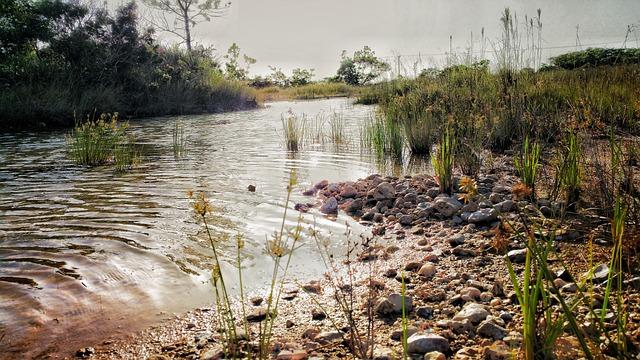
Absorption of Pollutants in Soil
Hard

In this experiment, we'll be testing which type of soil is most absorbent of liquid pollutants. We'll measure the amount of pollutants that filter through 250 mg of soil, and compare the results.
Hypothesis
The hypothesis is that the soil with less porosity will be most absorbent.
Method & Materials
You will measure the amount of pollutants that filter through 250 mg of soil, and compare the results for different types of soil and pollutants.
You will need a plastic filter, sand, clay, oil, gasoline, antifreeze, plastic cups, a graduated cylinder, scratch paper, and a stopwatch.
Results
The results of the experiment showed that the oil and clay combination was the most absorbent, with an average of 220.33mL of oil, 112.33mL of antifreeze, and 132.33mL of gasoline absorbed. The sand absorbed an average of 126mL of oil, 146.33mL of antifreeze and 138mL of gasoline.
Why do this project?
This science project is interesting because it can help farmers, gardeners, and botanists better understand absorbency in different types of soil, which can help them with soil pollution problems.
Also Consider
Variations to consider include testing different types of pollutants, and testing different amounts of soil.
Full project details
You can find additional information and details for this science fair project here. Have fun exploring!Share this Science Project:
Related Science Fair Project Ideas
Can plants help clean up contaminated soil? Find out by using Thlaspi plants to remove zinc from soil!
Hard
Can oil absorbing polymers help clean up contaminated soil and make it suitable for growing plants? Find out in this science project!
Hard
Can Bay Laurel leaves help you get rid of pesky weeds? Find out in this science project!
Hard
Share this Science Project:
